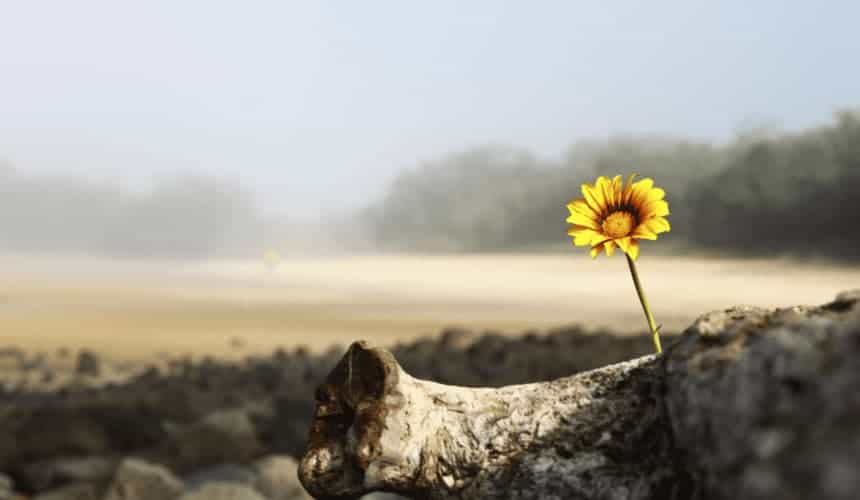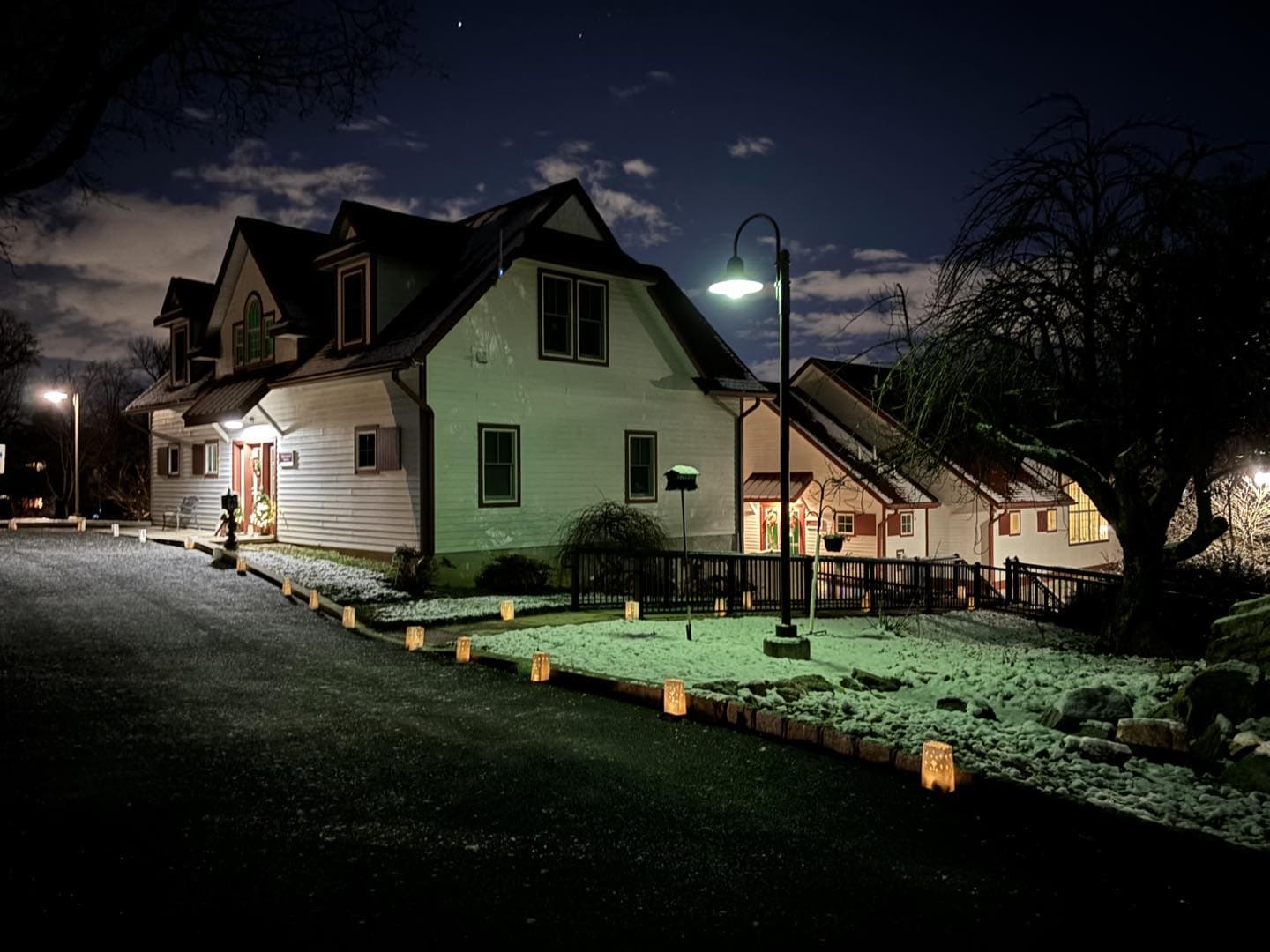Dear Friends,
Over the Memorial Day weekend, I trip on the broken sidewalk and fall, face-forward, on the concrete.I hear a woman in the distance gasp, “Are you alright?”.My husband kneels beside me in the street.I sit up dizzily and feel with my tongue the jagged edges of four, broken, front teeth.Bart and I had been walking in the small college-town of Lawrence, KS, celebrating our 34-year wedding anniversary at the restaurant that opened the year we married.In the car on the way to the emergency room, I close my eyes and listen to Bart’s short, panicky, rapid breaths.The CT scan shows no skull fractures, but my smile is broken.
Afterward, my oldest sister texts me to tell everyone I play ice hockey, took a puck to the teeth. Her advice makes me laugh aloud.My middle sister recounts when she fell on a busy sidewalk in Kansas City, Missouri, her glasses flying, eye socket hitting cement.No one stopped to help her, ask if she were okay.The event of her story took place nearly 30 years ago and hearing her tell it again still makes me want to cry.
I have always enjoyed smiling at strangers, but during the 2-day car trip back to Philadelphia, I discover that my jagged teeth are not met with a response of empathy or concern, but judgment, disgust and embarrassment.The strangers look away.I stop smiling.
On Monday, Sr. Mary shared photographs from one of Chris Antal’s meetings with veterans at Cranaleith. The group had been discussing Kelly Denton-Borhaug’s book, And Then Your Soul Is Gone: Moral Injury and U.S. War Culture. Borhaugnotes that the professionals in this field, that includes Antal and psychologist Peter Yeoman of the Corporal Michael J. Crescenz VA Medical Center in Philadelphia, describe the “work avoidance” of most citizens as “the way that the majority of us fail to take any responsibility for the consequences of the endless wars we’ve been fighting in this century.” Missing in all of our valorizing (“think of the simplistic thank you for your service/sacrifice”), pathologizing (“seeing vets as mentally ill and irreparably broken”) or demonizing of veterans and their experiences has been our failure tolistento the experience of the veterans in order to find a way to share, together, the moral injury done to and by all–veterans and civilians alike.
Paying attention to the experiences of others helps us understand where we are, where we need to be, where hope can be found. Through our shared experiences of suffering, of injury, of wounds, we find wholeness, healing and connection.
I have long appreciated the apostle referred to as “doubting Thomas.” Thomas wasn’t there for the first visit from the resurrected Jesus, and he says he “will not believe” until he sees the “nail marks in his hands and put my finger where the nails were” (John 20:24-29).But when the risen Christ appears and shows his wounds to him, Thomas moves from unbeliever to believer and cries out: “My Lord and my God.”
Don’t look away.
In Mercy,
Dawn L. Hayward




